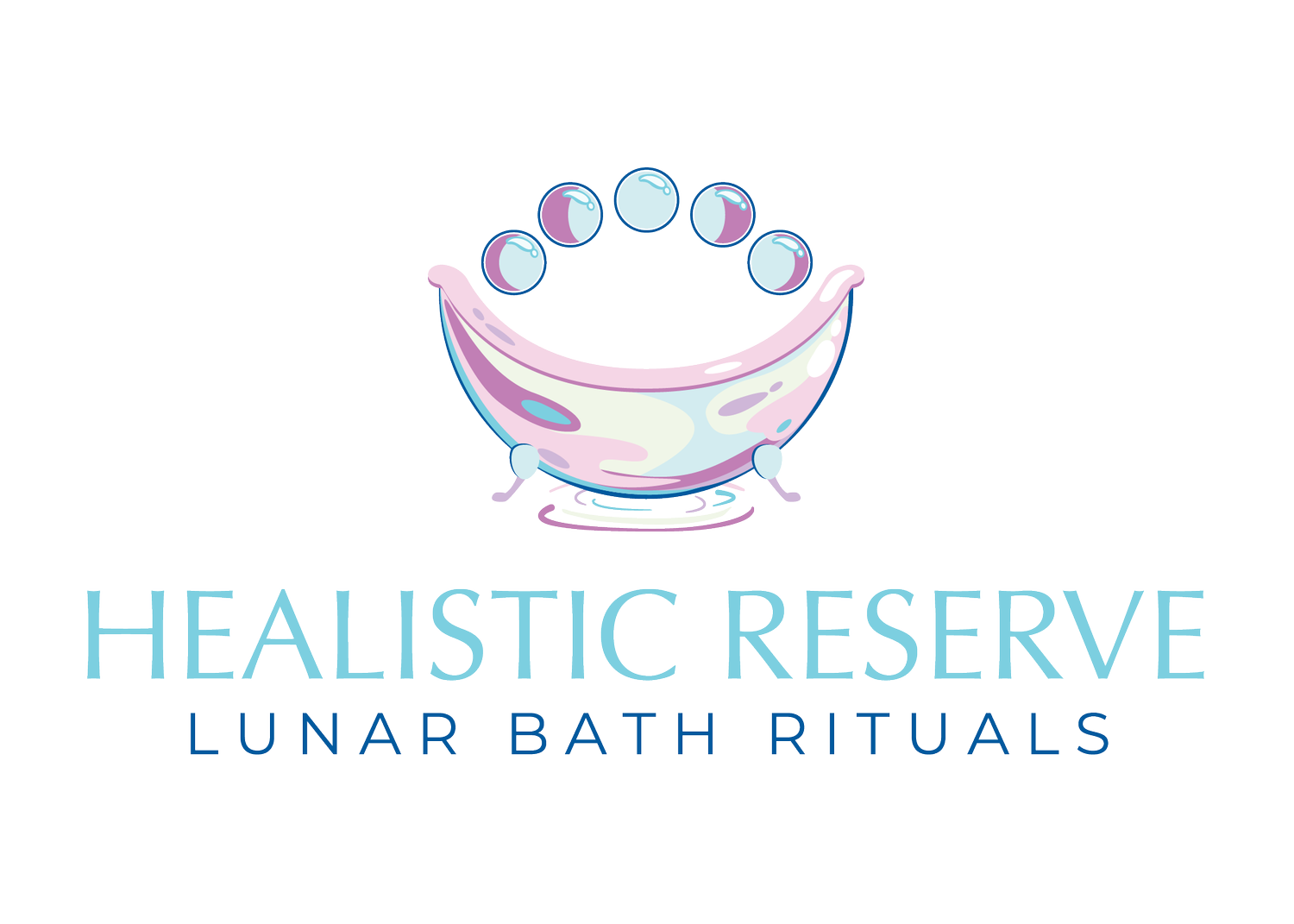How to Hold Yourself Through Big Life Changes
You don’t realize how much you’ve grown until the life you built no longer fits.
One day, the routines, relationships, and beliefs that used to feel right suddenly feel too small. You start questioning things. You start feeling restless. You start craving something more—even if you don’t know what that “more” is yet.
And that’s where the real challenge begins. Not in the change itself, but in trusting yourself enough to step into it.
🔄 Why Change Feels So Overwhelming
Your brain is wired to seek safety, not happiness.
Which means that even when you want something new, your body might still be clinging to the old.
This is why:
🌀 You feel stuck in overthinking. You’re trying to “logic” your way into certainty, but clarity isn’t something you thinkyour way into—it’s something you step into.
🔄 You keep sabotaging your own progress. Not because you don’t want growth, but because growth means stepping into the unknown—and your nervous system registers that as a potential threat.
❌ You’re waiting to feel “ready.” But readiness isn’t something you wait for. It’s something you create through action.
If this sounds familiar, it doesn’t mean you’re failing. It just means your body needs safety before it can fully step into change.
🛠 How to Regulate Your Nervous System Through Big Transitions
Change isn’t just about making a decision—it’s about teaching your body that it’s safe to move forward.
Here’s how to start:
💛 1. Take One Small Step (Even If It’s Tiny)
Your nervous system doesn’t like massive leaps. It likes familiarity.
Instead of trying to overhaul your life overnight, focus on small, manageable shifts.
➡️ If you want to change careers, update your resume.
➡️ If you’re leaving an old identity behind, start experimenting with new habits.
➡️ If you’re navigating a relationship shift, give yourself space to process instead of forcing immediate clarity.
Big change happens in small, sustainable steps.
🌿 2. Learn to Pause Before Reacting
Your first instinct when facing uncertainty might be to either shut down or make a drastic decision.
Instead, pause. Give yourself a beat before reacting.
Your nervous system needs proof that you are safe before it will stop sending panic signals.
➡️ Take a deep breath before responding.
➡️ Step away before making a big decision.
➡️ Ground yourself in the present before spiraling into worst-case scenarios.
Slowing down isn’t failure—it’s regulation.
📝 3. Reframe the Fear Around Change
Instead of:
❌ “What if I fail?”
❌ “What if I make the wrong choice?”
Try:
✅ “What if this works out better than I imagined?”
✅ “What if this is the next step toward something incredible?”
Your brain will naturally focus on what could go wrong. You have to train it to see what could go right.
🛑 4. Let Yourself Be a Beginner Again
If you’re stepping into something new, it makes sense that you feel uncomfortable. You’re a beginner again.
And being a beginner isn’t failure—it’s proof that you’re growing.
➡️ You don’t have to be perfect to start.
➡️ You don’t have to have it all figured out before you move forward.
➡️ You don’t have to wait until you feel ready.
You just have to trust yourself enough to begin.
💫 Final Thoughts
If you’ve been feeling the urge to burn the old blueprint and step into something new—trust it.
You are not lost.
You are not falling behind.
You are evolving.
And even if you can’t see the full picture yet, that doesn’t mean you’re not on the right path.
You don’t have to have it all figured out. You just have to start. 💛
Drop a comment—what’s one small step you’re taking toward your next chapter?

